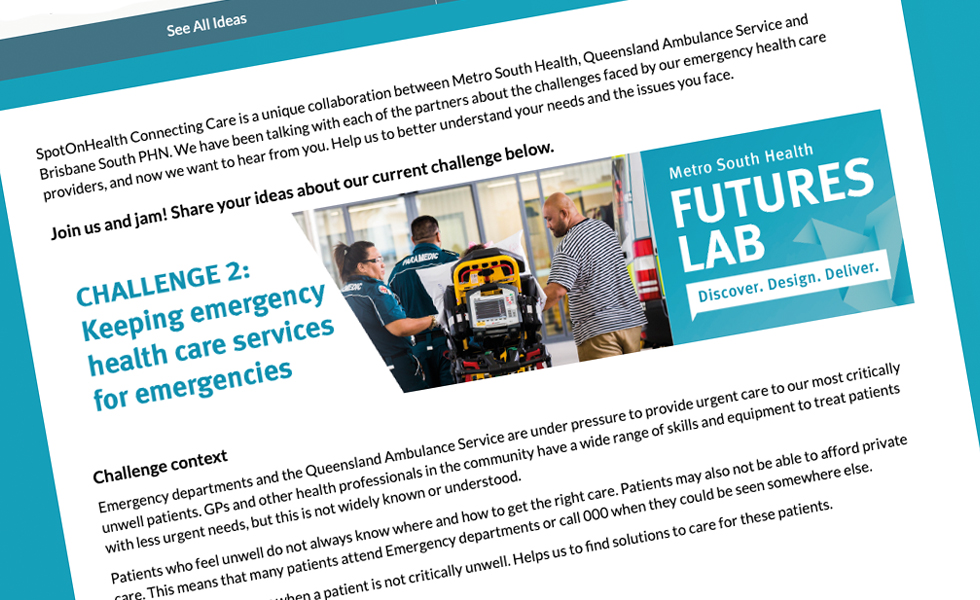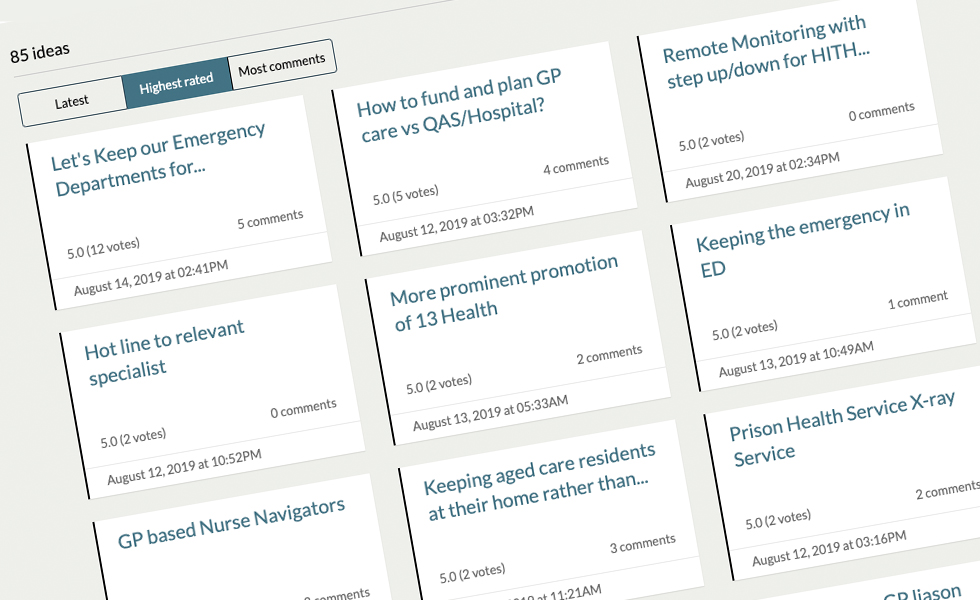
Gritter Thunberg. Spreaddy Mercury. Slushay Away. These are some of the supremely excellent names that were chosen for Manchester’s new fleet of gritters, as submitted and then voted on by the public. Other local councils have been running similar competitions (Leicester’s is still accepting submissions at time of writing. My suggestions were The Grit Gatsby and Grit Me Baby One More Time, FWIW.) One in Yorkshire was named ‘Er Ner, Sner’ which is truly a gift.
Point is, everyone loves a naming competition, right? Boaty McBoatface and these gritters are testament to the British sense of humour. But…why? And what does it have to do with Delib?
Well, the obvious answer to the first question is that it’s a bit of lighthearted fun. But there’s something a little bit psychological behind it, and that is ‘the win scenario’.
Winning at public participation
Everyone wants to win. Right? Win at Monopoly, win at Instagram, win at life. We are naturally inclined to make choices that benefit us in some way, and winning a gritter naming competition benefits us by making us feel clever, and acknowledged, and part of a Thing.
Which is where the second question comes in. The win scenario is something we incorporated into our tools – in particular, Dialogue. It makes the process engaging and rewarding, and encourages meaningful contributions.
Dialogue is a crowdsourcing platform. It’s designed to gather ideas and suggestions on a topic in a way that’s broader and/or in earlier stages than formal consultation – harnessing collective intelligence, if you will. Respondents share their ideas, and are able to rate others’ out of five and leave comments.
The comment with the highest rating can be the win scenario in itself – validation is, after all, something that makes us feel good. But some organisations take it further, like Metro South Health, AU, are doing with their Dialogue around their Futures Lab project.


Their challenges are branded as ‘ideas jams’, and they’re ways for members of the public, health professionals and stakeholders to contribute to improving health services in the area.
All ideas are then assessed by the project leads, with the aim of selecting the best ones to be developed and ultimately delivered. This means that participants are encouraged to provide thoughtful, detailed and informed submissions as there’s a chance they’ll be implemented in real life.
So while naming a gritter might not be the most meaningful democratic process, it’s a good example of what makes people want to get involved. Designing the process of public participation so that respondents feel valued and validated makes for meaningful, thoughtful responses – which makes everyone a winner.
To find out more about Dialogue, book a free demo and we’ll talk you through it.